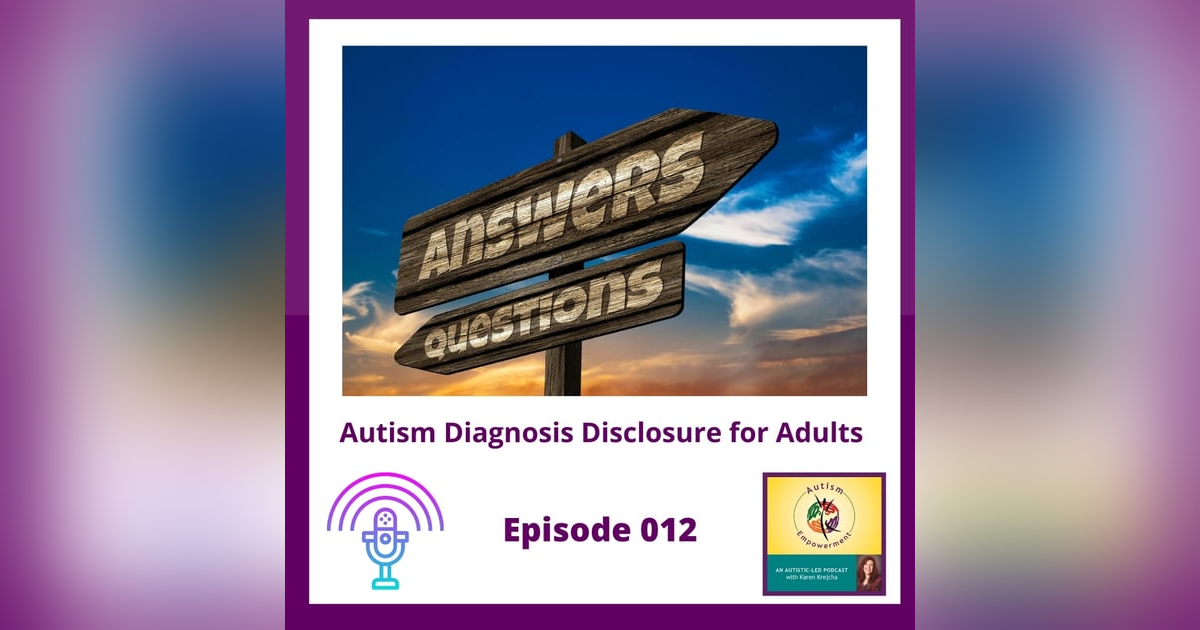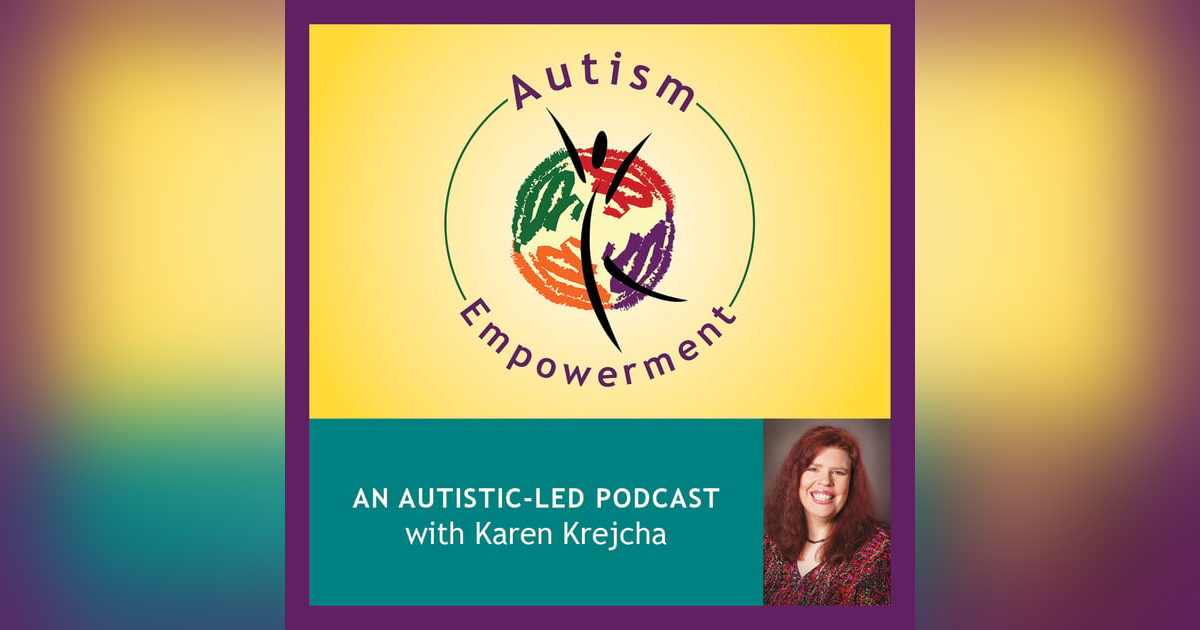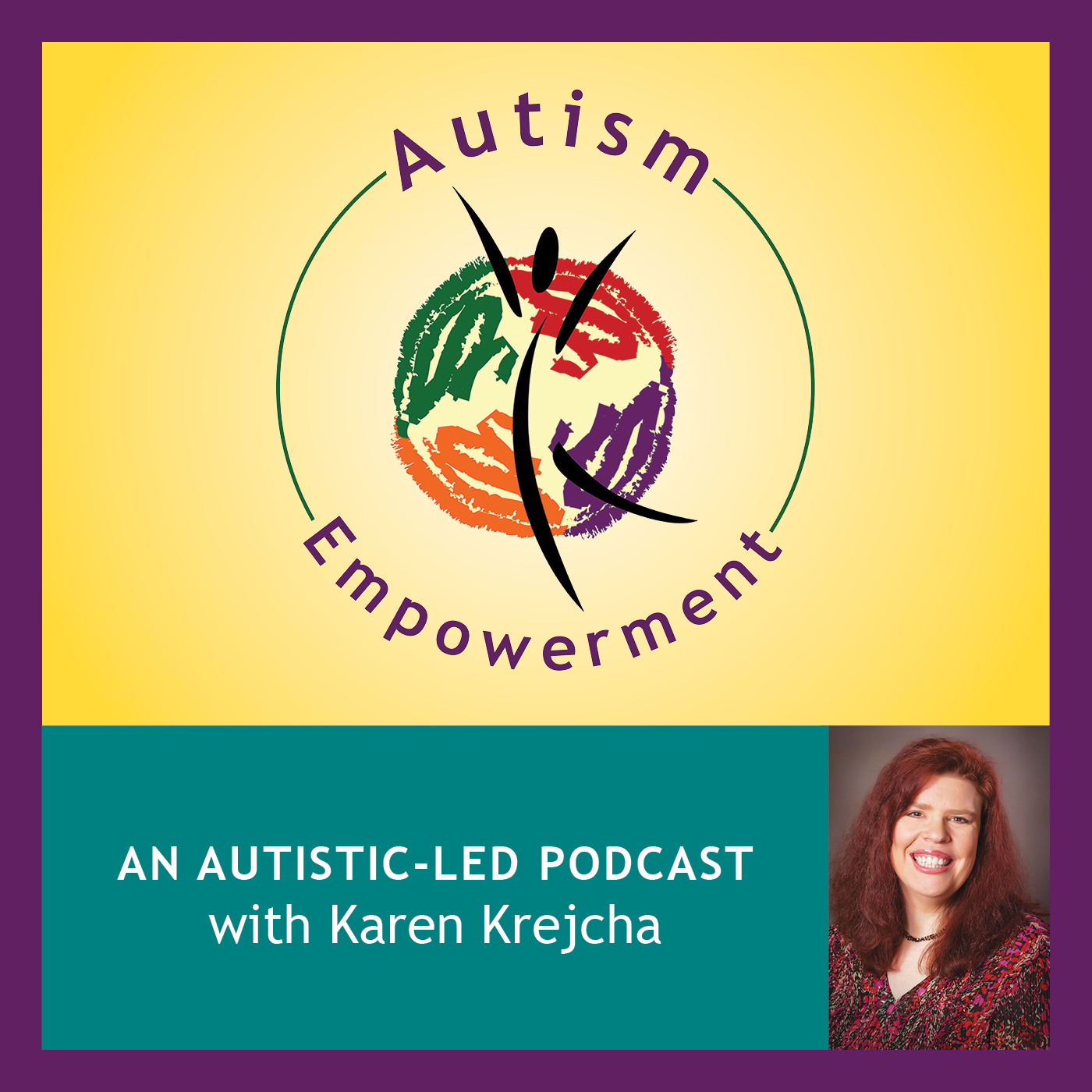Ep. 12: Autism Diagnosis Disclosure for Adults - When, Why and How to Disclose Your Autism Diagnosis


In today’s episode, we are finishing our three-part series on Autism Diagnosis Disclosure. We’ll be focusing on the pros and cons of Autism Disclosure for Adults, how to tell, when, why and how much to share. We’ll be looking at this in the context of relationships, health, education and employment.
Episode Title: Autism Diagnosis Disclosure for Adults
Join Karen and John Krejcha for an informative and empowering discussion.
In this episode of the Autism Empowerment Podcast, we are finishing our three-part series on Autism Diagnosis Disclosure. We are focusing on the pros and cons of Autism Disclosure for Adults: if and when to tell, why and how.
We’ll be looking at this from an autistic lens in the context of health, education, employment and relationships.
This is Part 3 in a three-part series on Autism Diagnosis Disclosure. In Episode #10, we discussed how, when, and why to disclose an autism diagnosis to a child. In Episode #11, we discussed how, when and why to disclose a child’s autism diagnosis to family members and others.
As adults on the autism spectrum, we have likely been in situations where social quirks and behaviors related to our autistic neurology made others misunderstand, feel uncomfortable, or even judge us. We may not have even known we were autistic but we knew we were somehow different.
The issue of disclosure is one of those topics that everyone with an autism diagnosis is going to face at some point multiple times. Who do I tell? What? When? Why? How much?
If you will require a level of accommodation, modification, support, service, or just patience and understanding in a certain situation, telling someone about your diagnosis can often help make this happen and may smooth things out for all involved.
- There are times when full disclosure may be needed.
- There are times when partial disclosure will suffice.
- There will be occasions when you should not disclose at all.
Disclosure of your autism diagnosis and how much to disclose is a personal decision. Disclosure may be a tool of self-advocacy and authenticity that you can use to deepen relationships and receive accommodations and support services.
We can’t cover every personal situation in this show so what we’re going to do today is give an overview including:
- Why or why not to tell? Who to tell?
- Questions to consider in the disclosure process
- Differences between Passive, Reactive and Active Disclosure
- Situations you may wish to disclose (Relationships, Employment, Education)
- Suggestions and tips before disclosing.
Related Podcasts:
- Autism Empowerment Podcast Episode 8: Signs of Autism in Adults Commonly Overlooked in Childhood
- Autism Empowerment Podcast Episode 10: Disclosing an Autism Diagnosis to a Child - How, when and why to let your child know they are autistic (Series Part 1)
- Autism Empowerment Podcast Episode 11: Discussing A Child’s Autism Diagnosis to Family and others in the Community (Series Part 2)
Additional Resources and References related to this episode:
- Been There, Done That, Try This - An Aspie’s Guide to Life on Earth (autism mentoring book at Amazon)
- To Disclose or Not Disclose - article at SpectrumLife.org
- Americans with Disabilities Act government website (ADA)
- Disability Discrimination | U.S. Equal Employment Opportunity Commission
- The Rehabilitation Act of 1973
- WA State Developmental Disabilities Administration
- Oregon Developmental Disabilities Services
- Find your state’s Vocational Rehabilitation Agency
- Find your state’s intellectual and developmental disabilities (I/DD) agency.
- Spectrum Life Magazine
Great things to do:
- Subscribe to our show on your favorite podcast platform.
- Show us some love and support our nonprofit work with a donation.
- Like Autism Empowerment Podcast at Facebook
- Like Autism Empowerment at Facebook
- Like Spectrum Life Magazine at Facebook
- Follow us at Twitter @Podcast_Autism @AutismEmpowermt @SpectrumLifeMag
- See our LinkTree for all the latest links - https://linktr.ee/autismempowerment
Full Transcript. Click below on words to play.
There may be slight errors due to the way artificial intelligence interprets our voices. We've done some light editing. We hope this accommodation will be useful to you. Downloads are also available for free. Thank you so much for your support!























